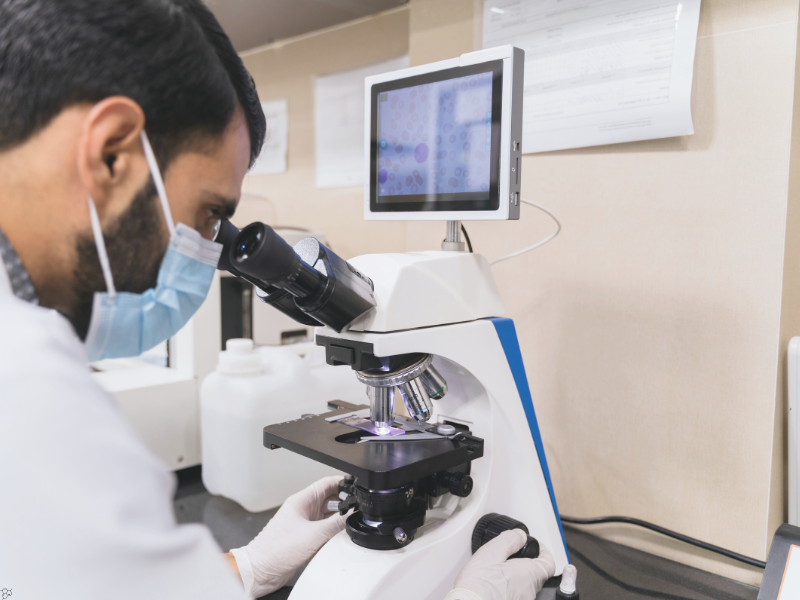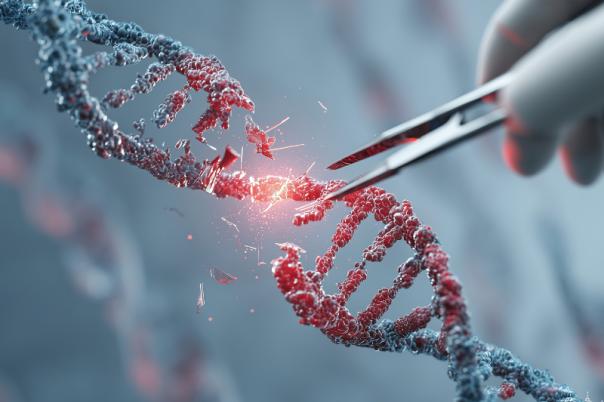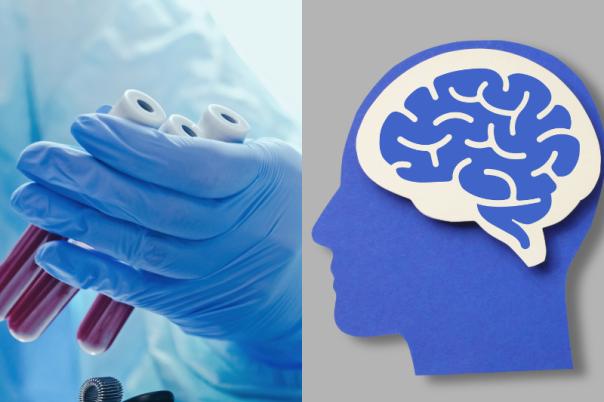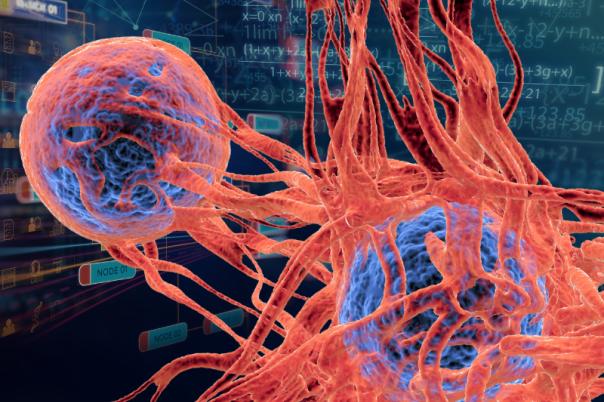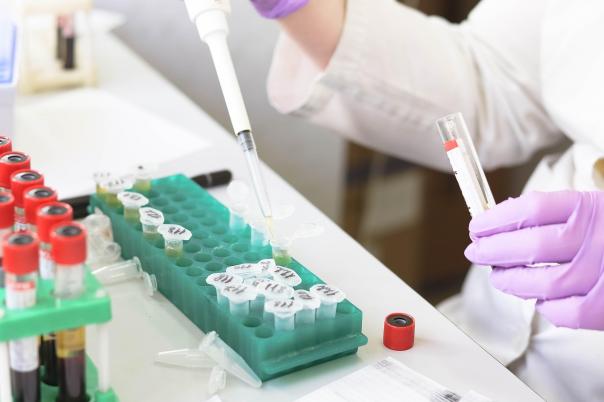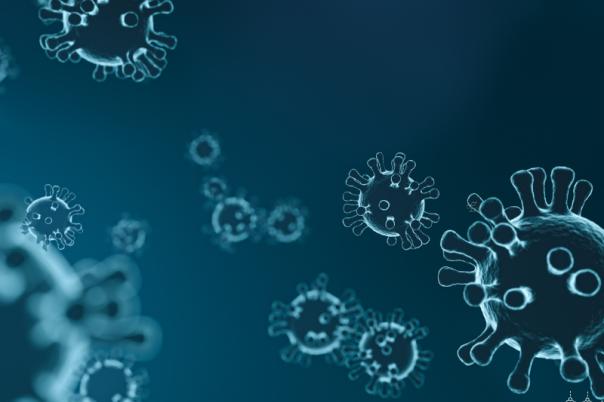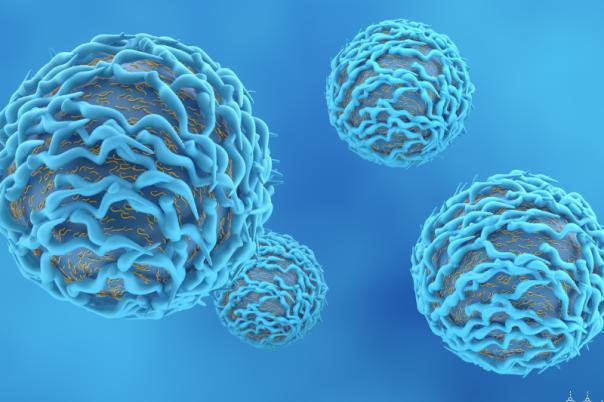A research team at Dresden University of Technology (TU Dresden) developed an AI model that simultaneously predicts multiple genetic alterations in colorectal cancer from standard pathology slides. This could be a game-changer for accelerating diagnostics and guiding treatment strategies.
Unlike standard AI systems, which were typically trained to identify single mutations in isolation, this model identifies shared morphological patterns that signal multiple co-occurring mutations.
Marco Gustav, first author of the study and researcher at TU Dresden, reiterated the importance of this multi-mutation approach: “Our new model can identify many biomarkers simultaneously, including some not yet considered clinically relevant.”
A key insight from the study was that several mutations occur more frequently in microsatellite-instable (MSI) tumours. MSI is a key biomarker in colorectal cancer and is used to single out patients who may benefit from immunotherapy. The results showed that groups of mutations collectively shape tissue morphology in ways that can be detected by AI.
Looking at the bigger picture, this approach could diminish reliance on sequencing-based testing, which is costly and time-consuming. Furthermore, turnaround times for molecular biomarker testing usually range between seven and ten days, and delays are common in multi-site clinical settings.
Whereas an AI model capable of extracting biomarker signatures from pathology slides could serve as a rapid pre-screening tool, which could ultimately cut treatment decision times.
Jakob N. Kather, a co-author on the project, stated: “Our research shows that AI models can significantly accelerate diagnostic workflows,” he continued, “At the same time, these methods provide new insights into the relationship between molecular and morphological changes in colorectal cancer.”
